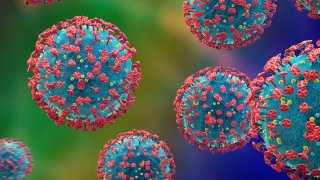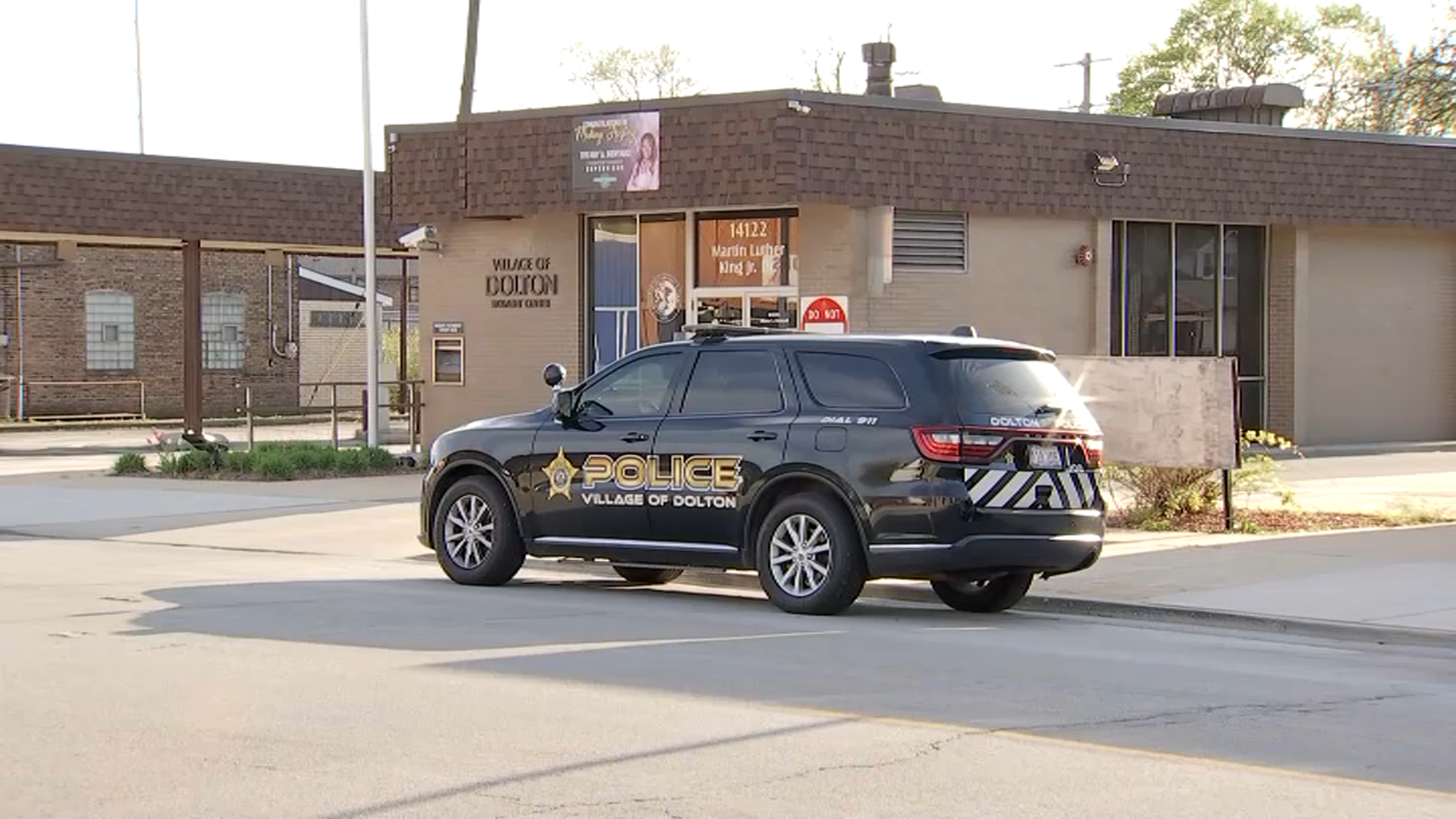
As the Chicago area expects COVID cases from the omicron variant to rise in coming weeks, how can you tell if you are infected with the new strain of the virus?
According to early findings of a study by the U.K.'s Imperial College London, there is no evidence that the omicron variant is any less severe than the delta variant based on reported symptoms.
"The study finds no evidence of Omicron having lower severity than Delta, judged by either the proportion of people testing positive who report symptoms, or by the proportion of cases seeking hospital care after infection," a research team led by professor Neil Ferguson said Friday in a blog post accompanying the study.
The data included 24 hospitalizations of patients suspected of having the omicron variant, with researchers saying "hospitalisation data remains very limited at this time." The study is yet to be peer-reviewed.
Feeling out of the loop? We'll catch you up on the Chicago news you need to know. Sign up for the weekly Chicago Catch-Up newsletter here.
Though symptoms proved to be fairly mild, the study also estimates that the risk of reinfection with the omicron variant is 5.4 times greater than that of the delta variant.
So what symptoms could suggest you have the omicron strain of the coronavirus?
COVID symptoms linked to the omicron variant have been described as "extremely mild" by the South African doctor who first raised the alarm over the new strain. CDC data showed the most common symptoms so far are cough, fatigue, congestion and a runny nose.
Local
Dr. Angelique Coetzee, chair of the South African Medical Association, told the BBC that she started to see patients around Nov.18 presenting with "unusual symptoms" that differed slightly to those associated with the delta variant, which is the most virulent strain of the virus to date and globally dominant.
"It actually started with a male patient who's around the age of 33 ... and he said to me that he's just [been] extremely tired for the past few days and he's got these body aches and pains with a bit of a headache," she told the BBC.
The patient didn't have a sore throat, she said, but more of a "scratchy throat" but no cough or loss of taste or smell — symptoms that have been associated with previous strains of the coronavirus.
Coetzee said she tested the male patient for COVID, and he was positive, as was his family, and then said she saw more patients that day presenting with the same kinds of symptoms that differed from the delta variant.
Other patients she had seen so far with the omicron variant had also experienced what she described as "extremely mild" symptoms, and she added that her colleagues had noted similar cases.
"What we are seeing clinically in South Africa — and remember I'm at the epicenter of this where I'm practicing — is extremely mild, for us [these are] mild cases. We haven't admitted anyone, I've spoken to other colleagues of mine and they give the same picture."
Here's a complete breakdown of symptoms by variant.
Similarly, in the U.S. case, the president's chief medical adviser Dr. Anthony Fauci has said the person was vaccinated but had not received a booster shot and was experiencing “mild symptoms.”
But Moderna CEO Stephane Bancel told CNBC that omicron symptoms reported in South Africa may not be a good predictor of the variant's virulence in other parts of the world, because the country has a much younger and healthier population than European nations and the U.S.
"The trick is you're not going to be able to tell the difference between omicron, delta lambda, plain COVID from the beginning," Dr. Emily Landon, infectious disease specialist and chief hospital epidemiologist at University of Chicago Medicine, said. "Influenza or even common rhinovirus causes most of our common colds in the winter. You're not going to know the difference between those if you just look at your symptoms. For many people, those symptoms are overlapping. And while there are some parts of the Venn diagram like taste, loss of taste and smell, or common COVID than these other things, there's a lot of overlap. You're just not going to know especially at the beginning of an illness, what kind of illness you have. You have to get tested."
However, getting tested won't necessarily tell you if you have the omicron variant, Landon said.
"When you get a COVID test they're just looking for whether or not you have COVID," she said. "They're not on which kind of in order to figure out the exact strain of COVID. You have to do this thing called sequencing, which takes a lot longer. It's much more intensive. You certainly can't get that back in 24 hours, and it's only done by specialized labs."



